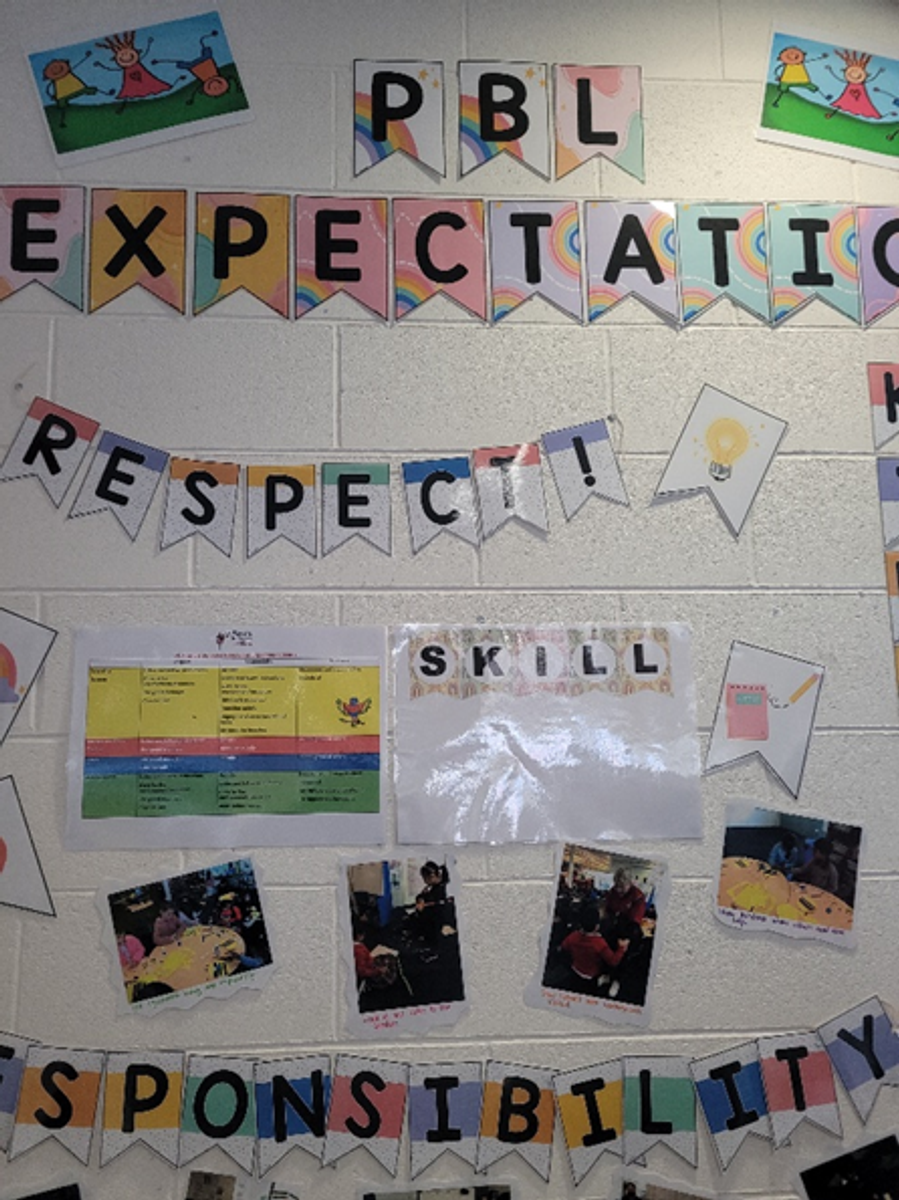Wellbeing

SFS Twilight Market and Art show
We are eagerly anticipating our annual SFS Twilight Community market and Art Show which will be held on Thursday 3rd November from 5pm until 8pm. There are a variety of stalls booked in including clothing, homeware, jewellery and some delicious food trucks. Start the countdown, 10 weeks to go! We are looking for donations of prizes for the market. If you have any new items at home that you do not want (e.g. stationary, homewares, gifts) please drop that off at the school office. If you have a small business and you are happy to donate a prize for the market, it would be greatly appreciated.
National Child Protection Week 4 – 10 September 2022
National Child Protection Week will continue to embrace the overarching message that ‘Every child, in every community, needs a fair go’.
In particular, this year we will be shining a light on children growing up safe and supported.
Children and young people thrive when they grow up safe, connected and supported in their family, community and culture.
They have the right to grow up in environments that support them according to their needs, now and into the future.
This year let’s talk about how we create a supportive environment for every child.
National Child Protection Week will be looking at what works to keep children safe and supported… what children are telling us… what families are telling us… what the evidence is telling us… and how to translate this knowledge into action.
We know that too many children are not growing up safe and supported and that Child Protection systems are overloaded. There are many opportunities to change the trajectory for these children.
We can stop child abuse and neglect – and reduce its impact – by working together to make sure every child in every community has a fair go.
The children at SFS will have a focus in class during National Child Protection Week on the important message of “Every child needs a fair go”.
There are also some great brochures and free resources available for parents on the NAPCAN website. For more information visit https://www.napcan.org.au/napcan-brochures/
New Child Safe Standards
At SFS, Child safety is at the forefront of our mind and we have standards in pace to ensure that ensure we are a Child safe school.
There are new child safe standards that will came into effect on July 1st 2022. The aims of these 11 standards are to:
- promote the safety of all children
- prevent child abuse
- ensure effective processes are in place to respond to and report all allegations of child abuse.
Child Safe Standard 10 – Implementation of the Child Safe Standards is regularly reviewed and improved
In complying with Child Safe Standard 10, an organisation must, at a minimum, ensure:
10.1 The organisation regularly reviews, evaluates and improves child safe practices.
10.2 Complaints, concerns and safety incidents are analysed to identify causes and systemic failures to inform continuous improvement.
10.3 The organisation reports on the findings of relevant reviews to staff and volunteers, community and families and children and young people.
Positive Behaviours for Learning
We have been working on the value of Respect this term and the expectation of ‘Listen and follow instructions”. We have been practicing this school all week at school and applying it to different contexts and settings. The teachers are creating displays in the learning space with the matrix, the expectations and weekly focus.
Australian Childhood Foundation
The following extract is taken from the Connected Parenting: A Bringing up great kids resource, produced by the Childhood Foundation. It is a resource that you might find helpful.
Understanding your Child’s Emotional Development
“When we talk about emotional development, we are referring to children’s growing ability to
• identify and understand their own feelings
• accurately read and understand the feelings of others
• manage the way they feel
• shape the way they behave
• develop empathy for others, and
• build and keep good relationships with friends, family and others.
From the time they are born, children quickly develop their abilities to experience and express different emotions, as well as their capacity to cope with and manage a variety of feelings. Managing feelings Children’s ability to manage or shape the way they feel is a critical part of their development and often the source of much parental concern. Children don’t start life with the ability to control how they are feeling. They are easily overwhelmed by strong feelings and cannot calm themselves down. Babies and young children need parents to help them to do this. Young children frequently get frustrated because there is a large gap between the things they want to do and what they are actually able to do. This often results in a temper tantrum. Feelings and behaviour are closely linked. When feelings are not well managed, children’s ability to think can be impaired. As a result, children act on their feelings often without thinking. By the time they start school, children are more aware of their own feelings and the feelings of others. They are better able to link their thoughts and feelings and use words to describe their feelings. As such, they become better able to change and shape the way they feel. Children’s ability to change and adapt their feelings means they are more likely to tolerate their own frustration better, put off getting things they really want and are able to calm themselves down.
Relationships are important for children’s feelings
Children’s emotional development is greatly influenced by the quality of the relationship that is developed between themselves and their parents. The way parents interact with their child has a lot to do with the way the child will develop emotionally. Children learn to manage their emotions by watching how other family member express and manage their emotions. Parents play a critical role in modelling how to respond to strong feelings. Children need help and practice in managing their emotions.
Supporting your child’s emotional development
Keep the emotional climate of the home calm, warm and predictable. Accept and acknowledge your child’s emotions. Read stories to children and talk about the different feelings characters in the book may be feeling. Talking about emotions helps children to better understand their feelings. Help your child to put feelings into words – “it seems like you are feeling disappointed at the moment”. Encourage children to talk about situations that make them feel excited, happy, angry or worried. Praise children for not losing control and staying calm. Help children to separate feelings from behaviour – “I know you are feeling angry but it is not OK to hit.” Help children to understand the difference between their own and other people’s feelings - “I know you are feeling frustrated right now but what you are doing is making your sister feel sad”.
If you have any questions or concerns about the wellbeing of your child please do not hesitate to contact me rlenko@sfslynbrook.catholic.edu.au
Rachel Lenko
Student Wellbeing Leader







